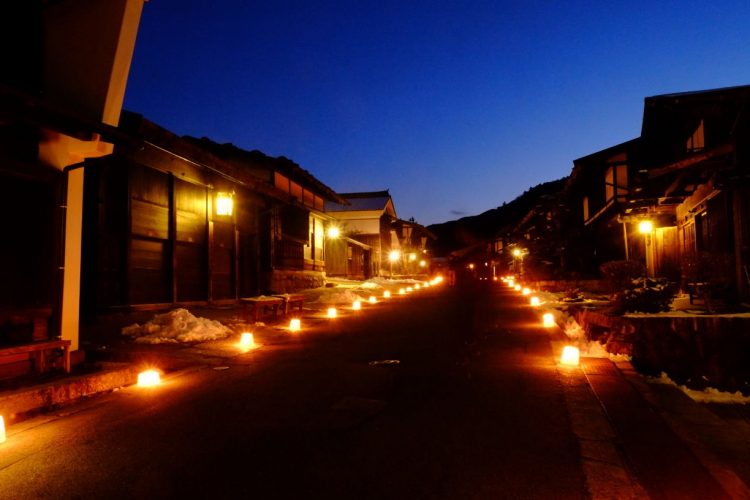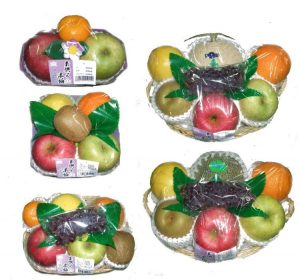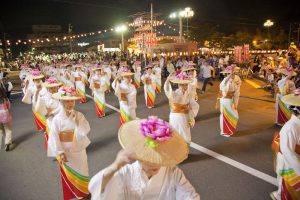35,003 total views, no views today
Obon is a very important festival for Japanese people. On the occasion of Obon, LearnJapanesedaily would love to share with you about Obon festival in Japan.
Origin
お盆(お ぼん)is a shortened form of 「盂蘭盆」 (うらんぼん)meaning a bowl or a tray (holding the offerings). The Obon festival originates from the story of Mokuren, who used his supernatural powers to rescue his mother.
The story is very common in China and countries which are strongly influenced by Chinese Buddism such as Japan and Vietnam. In Vietnam, the festival is a chance to show gratitude to the parents while in Japan, is to show gratitude to the ancestors.
Activities
Obon festival takes place around July, 15th of the lunar calendar, (as in some places, people follow the lunar calendar while in other places, people follow the solar calendar, hence the date difference).
The Obon festival lasts 3 days, if the holidays happen to overlap with Sunday, people will have the next Monday off to make up for this. In some places, people are given even a week off.
In this holiday, the Japanese often have these kinds of activities:
Welcoming bonfire
On the first day of Obon festival, the Japanese often make a bonfire inside the garden or in front of the gate, light an oil lamp on the Altar to guide their ancestors’ spirits home.

Welcoming horse
In many places, the Japanese use a cucumber or an eggplant to create a semblance of a horse which is used to carry the spirits.

Worship
During the time of Obon festival, the Japanese often place offerings on the Altar believing that their loved ones are around at the moment.

Obon dance
In many places, they perform Obon dance or dress up in costume parading down the streets. Obon festival is a chance for families to gather together, hence the dancing.
Some people think the Obon dance derived from the story: Mokuren danced happily with joy because of his mother’s release and grateful for his mother’s kindness. (Perhaps this is the Japanese’s version since it only exists in Japan).
To the cities which organize costumed festivals, everyone can register to take part in it. On the day of the dance, each team dress up as registered, arrive at destined places and dance along the decorated streets. Many foreigners also join this activity.

Farewell bonfire
In the last day of Obon festival, they often make a bonfire (where they made the welcoming bonfire). This is to bid farewell to their deceased ancestors. In some places, people send a floating colored lantern down the river or light a firework in memory of them.
Above are everything about Obon festival in Japan, LearnJapanesedaily would like to wish you a happy holiday!
